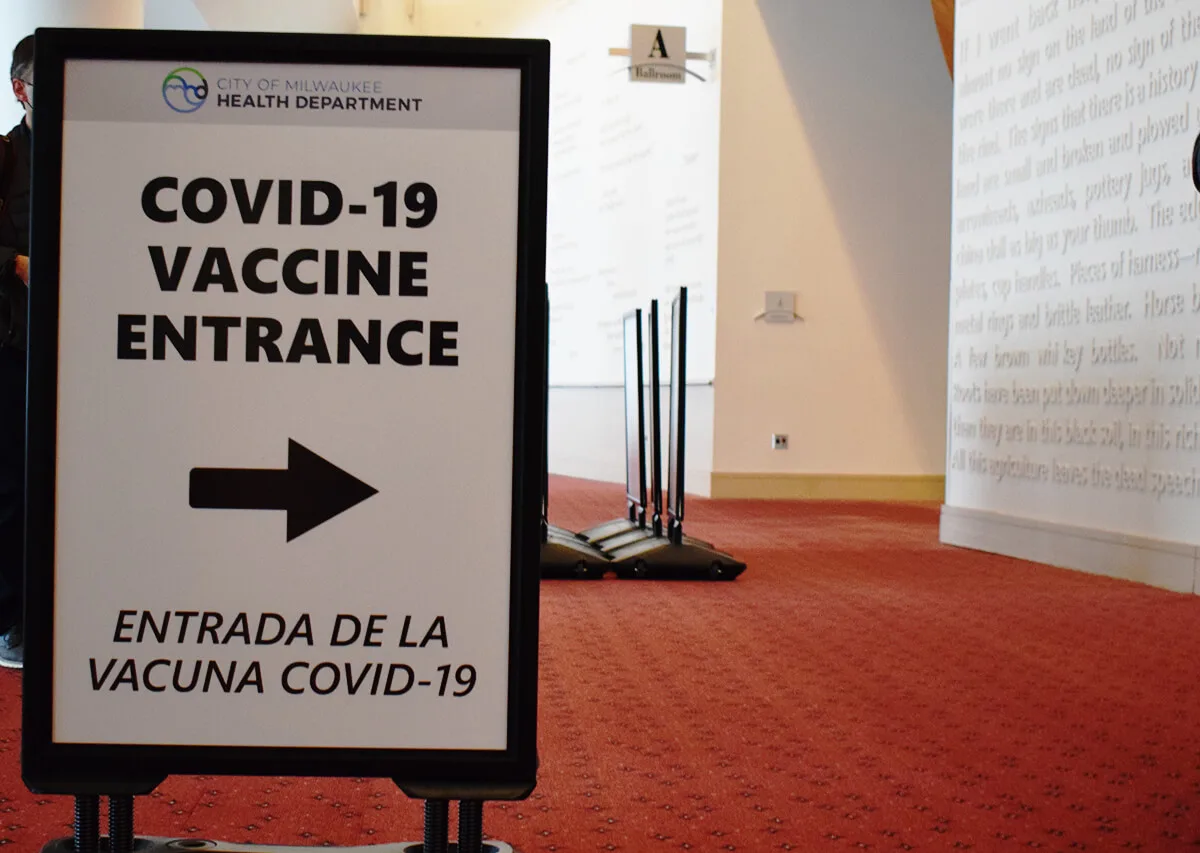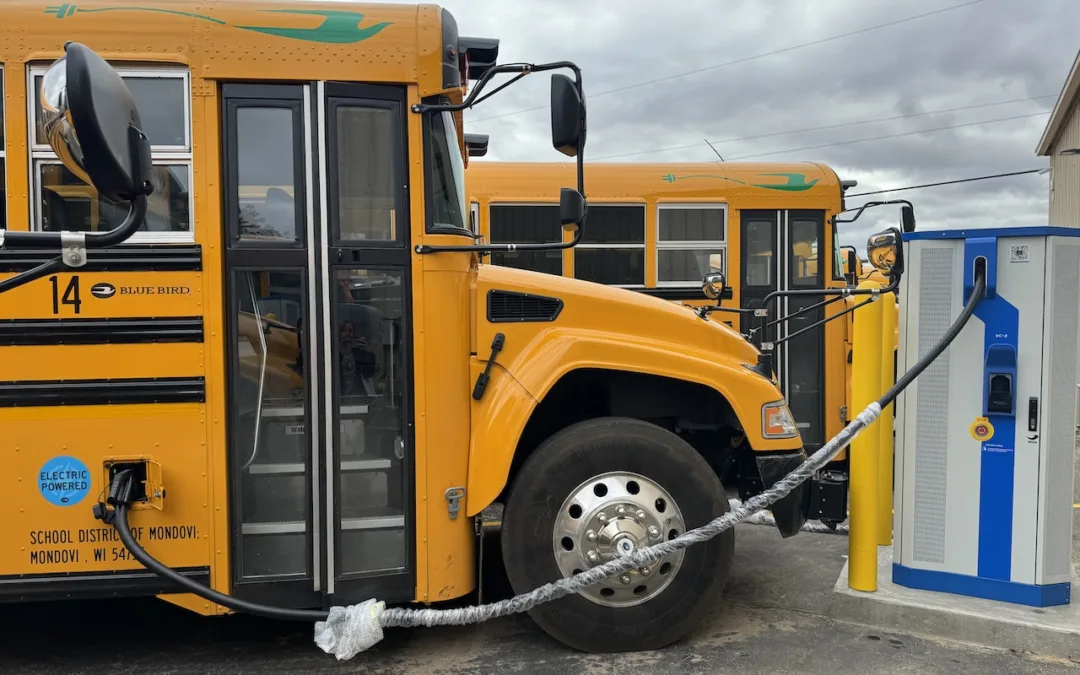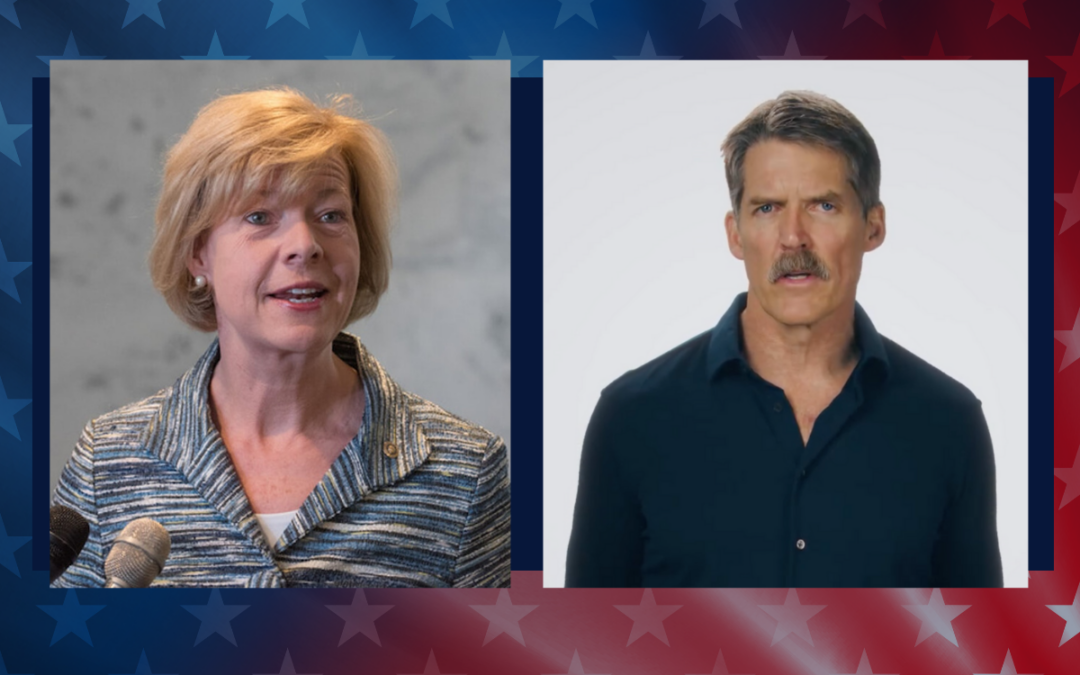
#image_title
#image_title
The answer is much less about restrictions, which are almost nonexistent, and more about less access to free or low-cost treatments and far less data collection that could warn us about the next outbreak.
Three years ago this week, Wisconsin’s COVID death toll reached 400 and a stunned nation was coping with record unemployment. There seemed to be no end in sight and no road map for how the country would emerge from a public health crisis. That changes this week with the federal government’s formal ending of the national public health emergency.
“We’re not over it,” said Dr. Ben Weston, associate professor in the Department of Emergency Medicine at the Medical College of Wisconsin and chief health policy advisor for Milwaukee County. “There are still far too many people getting sick, far too many people dying. But we’ve come a long way and we should be proud of that.”
The end of the public health emergency can be seen by some as the end of the few remaining safeguards about mask and vaccine requirements, but Weston said the real impact of the May 11 milestone will be felt as free or low-cost assistance ends for those who need vaccinations, testing, or treatment.
“There’s going to be changes, especially to people who are uninsured or underinsured or undocumented— who won’t be able to get the treatments, the vaccines that they’ve been able to get before without cost,” Weston said. “And so it really just changes the landscape. It really puts COVID in the category of everything else, which isn’t necessarily a good thing because if you talk to folks who are uninsured or underinsured, everything else is pretty hard to get.”
COVID vaccines will remain free for now, using a large supply previously purchased by the federal government.
While some assistance programs will still be available, many Americans will eventually have to rely on their private health insurance or pay out-of-pocket for COVID expenses.
For physicians like Dr. Kristin Lyerly, an obstetrician/gynecologist, it means COVID becomes as much of an administrative hassle as anything else in health care.
“It just heightens the health disparities that we already know are there,” Lyerly said. “I mean, we’ve got the most expensive health care in the world and we’ve got the worst outcomes of any industrialized country in general. And here in Wisconsin, we’ve failed to do things like pass Medicaid expansion. So there is a giant group of people out there who won’t be able to get access to these essential treatments and services.”
After a number of legal challenges, Wisconsin and the rest of the United States became a patchwork of varying requirements throughout the course of the pandemic. The end of the formal emergency means the same thing will now happen to COVID data reporting as rules are relaxed on laboratories uploading information to the Centers for Disease Control and Prevention (CDC). State health departments and hospitals may also pare back their data reporting, escalating concerns that it will be much harder to recognize any significant new outbreaks and variants of the coronavirus.
Secretary-designee Kirsten Johnson of Department of Health Services (DHS) said Wisconsin will remain vigilant.
“DHS will continue to work with public health partners, including local and tribal health departments, hospital systems, and community agencies and advocates as the state and the nation transition from an emergency response to this virus,” Johnson said in a statement. “However, it is critical that Wisconsinites know this does not mean COVID-19 has gone away. The virus remains a threat to health, and we must continue to care for ourselves and each other.”
Johnson said Wisconsinites should stay up to date on recommended COVID-19 vaccinations, especially those age 65 and older and those who are immunocompromised—as they now have the option to receive an additional updated or bivalent COVID-19 vaccine dose following recent approvals from the CDC.
In Wisconsin, DHS estimates COVID has killed at least 14,483 people.
Politics

Plugged in: How one Wisconsin school bus driver likes his new electric bus
Electric school buses are gradually being rolled out across the state. They’re still big and yellow, but they’re not loud and don’t smell like...

What’s the difference between Eric Hovde and Sen. Tammy Baldwin on the issues?
The Democratic incumbent will point to specific accomplishments while the Republican challenger will outline general concerns he would address....
Local News

Stop and smell these native Wisconsin flowers this Earth Day
Spring has sprung — and here in Wisconsin, the signs are everywhere! From warmer weather and longer days to birds returning to your backyard trees....

Your guide to the 2024 Blue Ox Music Festival in Eau Claire
Eau Claire and art go hand in hand. The city is home to a multitude of sculptures, murals, and music events — including several annual showcases,...





